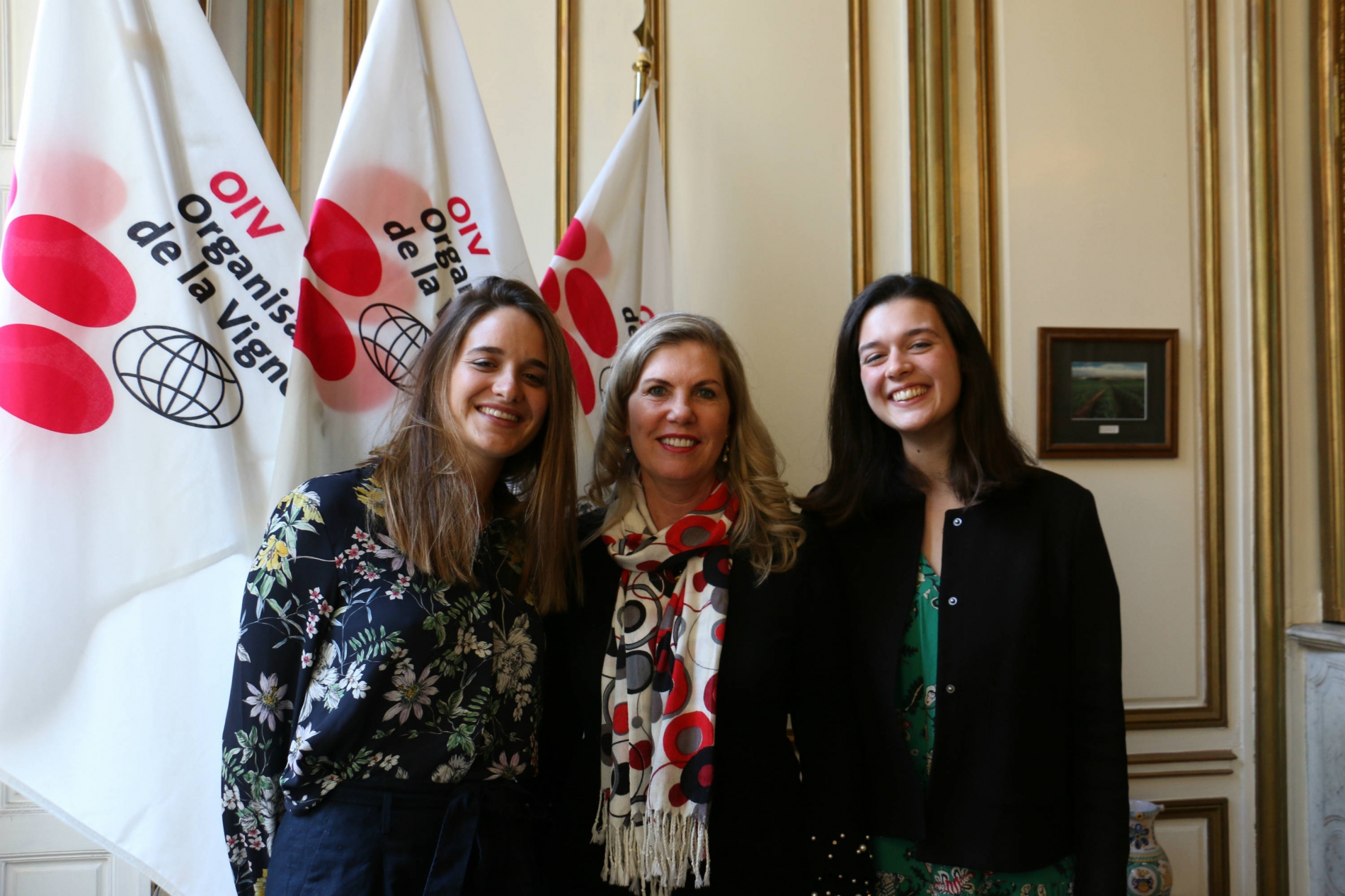
Pau Roca has been a Spanish delegate to the OIV since 1992 and was President of the “Law and Consumer Information” (DROCON) Expert Group between 2010 and 2016, as well as Vice-President of the “Sustainable Development and Climate Change” Expert Group between 2016 and 2018.
A Francophone and Anglophone polyglot, Pau Roca has specific, in-depth knowledge of the global vitivinicultural sector and expertise acquired at the head of the Spanish Wine Federation (FEV), which he managed for over 20 years.
The new Director General has had a diversified professional career, having gained experience in the olive oil sector and started out in scientific research in oceanography.
With the President of the Organisation, Regina Vanderlinde, the new OIV Director General already has a meeting scheduled with the Organising Committee of the 42nd World Congress of Vine and Wine, in addition to a visit to the site for the Congress in Switzerland. This week will also be an opportunity to present the OIV’s commitments for 2019 to representatives from the Diplomatic Corps, administrations and professionals in the vitivinicultural sector.
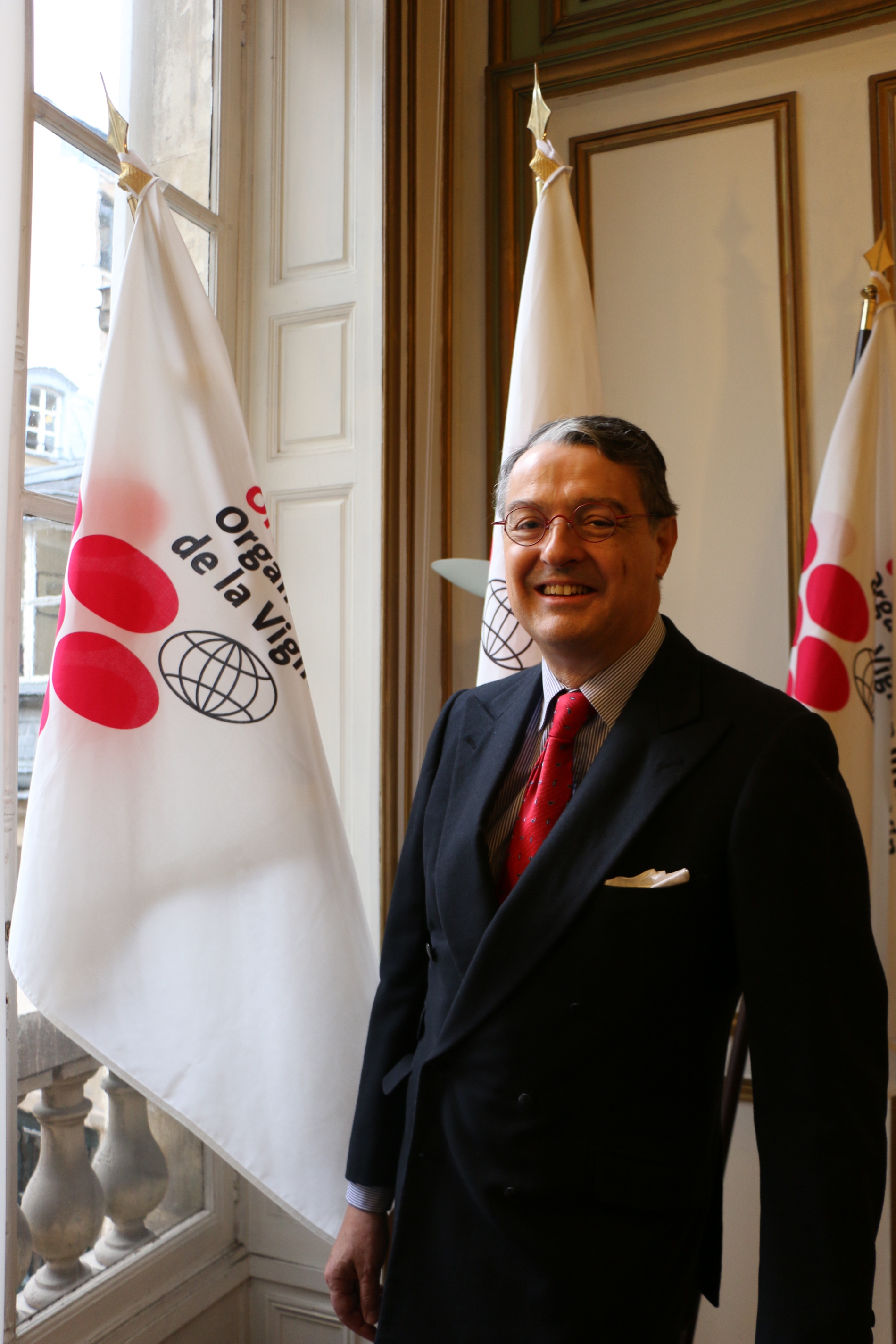
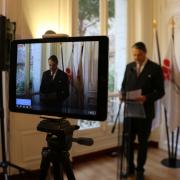
The ceremony, which coincided with the commencement of his duties, represents ‘a new phase’, with Pau Roca feeling ‘responsible for the whole team, and each of the countries in the OIV’.
In his address, Pau Roca emphasised the role of new technologies and new modes of communication, which in his view ‘are moving us forward at a rate of constant acceleration’. In this regard, ‘neither the wine sector nor the Organisation itself can stand by and witness these phenomena without becoming deeply involved and integrating these innovations and new tools’. For the Director General of the OIV, ‘the universalised use of these technologies will radically change the economy and legal relations. New ways to encrypt, store and transfer information, to validate authority, and to secure and distribute databases and metadata, will dramatically change our environment.’
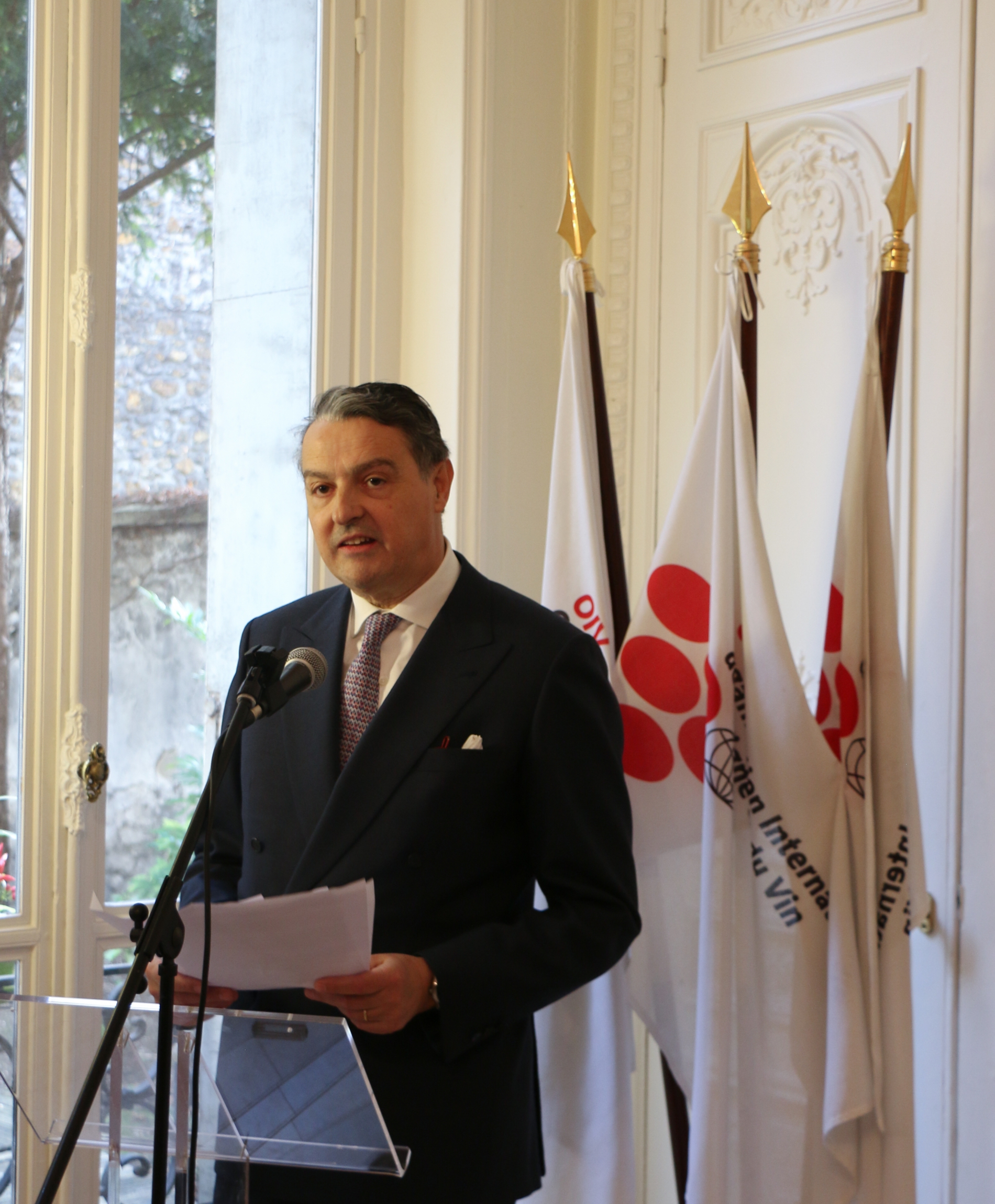
The OIV Strategic Plan
With over a 100 million hectolitres in wine exports, representing a value of more than EUR 30 billion, the proportion of cross-border trade in relation to production is a key success factor for the wine sector. On this point, Pau Roca reiterated the OIV’s mission to reinforce and maintain the balance between the consumer and producer markets. To this end, the Organisation should guarantee that ‘regulations never become an excuse to erect barriers and generate confrontation; rather, they should serve consumers and the interests of producers in a balanced and shared value chain, while ensuring the preservation of pluralism and diversity’.
The OIV’s future five-year plan must address the challenges of the sector. In 2019, the Organisation will develop its next Strategic Plan. Pau Roca wishes to propose to the OIV Member States a strategy focused on a number of priority areas, such as:
- to contribute to efforts directed at ensuring not only the environmental sustainability, but also the social, economic and cultural sustainability of our sector,
- to stay informed and to prepare for adaptation to the digitisation of the sector and its information systems, at an appropriate pace and identifying all the processes that are likely to change,
- to offer to OIV Member States a service that ensures the economic development of production and trade by providing good regulatory and administrative practices.
Finally, the Director General of the OIV invited all governments to form their delegations with highly competent people to participate in the expert groups at the upcoming April meetings, thereby actively participating in the sharing of collective expertise that constitutes the foundation of the OIV.
The role of women in the wine sector
OIV President Regina Vanderlinde also expressed her desire to move forward in 2019 with the dossiers currently being reviewed by the OIV, and was delighted to be the third consecutive woman to be elected within the Organisation: ‘I believe that my position entrusts me with the duty of representing women in a largely male-dominated industry. At the last OIV Congress, held in Uruguay, I received many words of thanks and appreciation from young female students and women in the sector.’ She added, ‘I am proud to be the spokesperson of the OIV in promoting the presence of women in this sector.’
42nd World Congress of Vine and Wine
The year 2019 will also see the OIV World Congress of Vine and Wine and General Assembly being held in Geneva, Switzerland, from 15 to 19 July 2019. Preservation and innovation will be the watchwords of the next Congress, which is an annual opportunity to meet viticulture experts from all over the world. This year the Congress will close with the Fête des Vignerons winegrowers’ festival in Vevey, a unique event recognised on UNESCO’s List of the Intangible Cultural Heritage and held every 20 years.
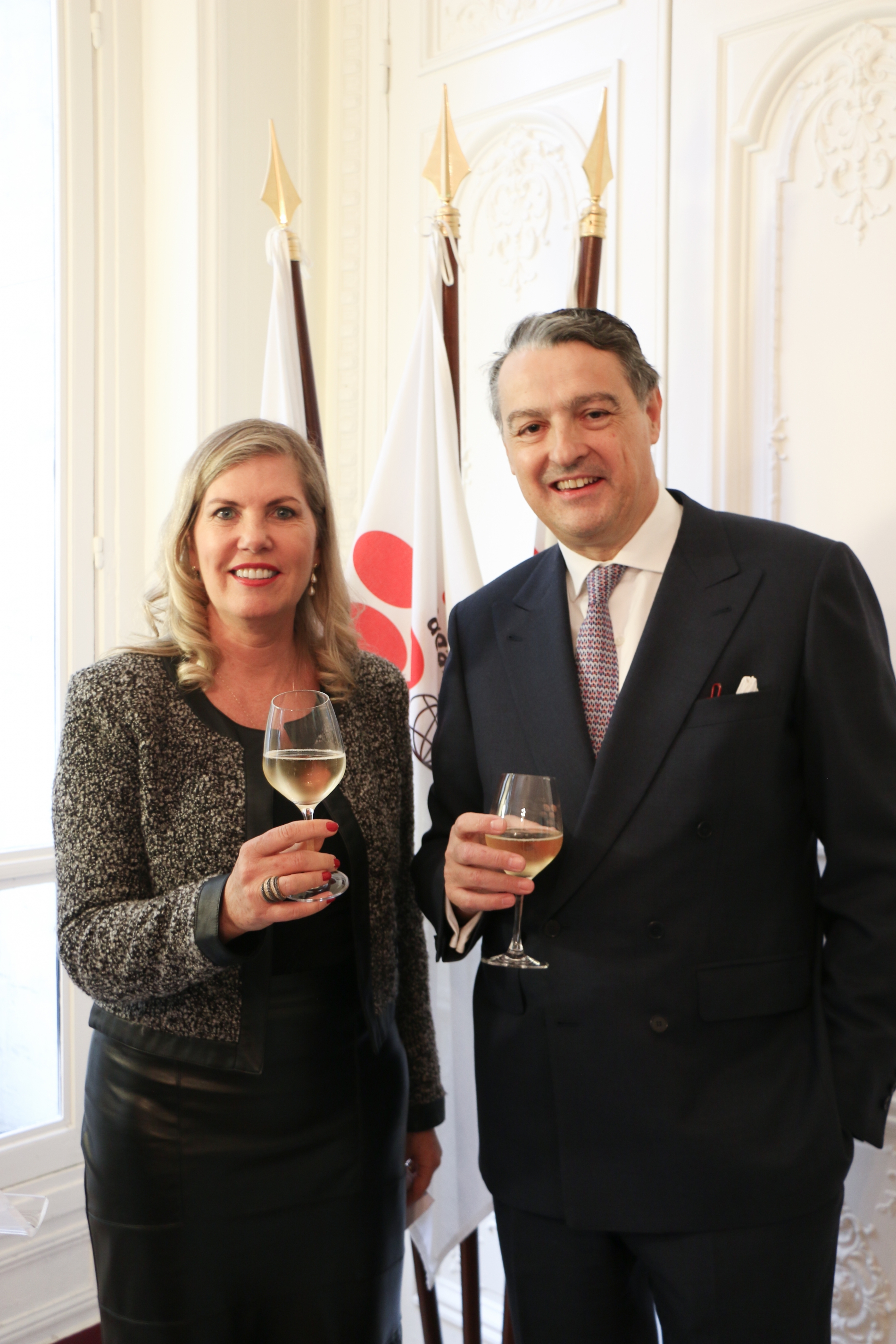

For any question : jurydesprix@oiv.int
Journals, advertising and commercial documents are not accepted.
An award-winning book or not awarded book will not be presented to the Jury a second time.
2 submission forms : OIV website or jurydesprix@oiv.int
- Paper printed books with PDF / Kindle in the 11 categories.
- Interactive digital tool in the categories : 1-Viticulture, 2-Œnology, 3-Vitivinicultural Economy and Law, 4-History, Litterature and Fine Arts, 5-Wine and Health, 11-Sustainable Vitiviniculture.
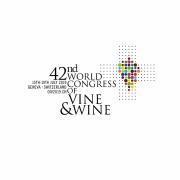
The Director General and the President had working meetings to launch the first logistical stages and to visit the International Conference Centre Geneva (CICG), which will host the experts and delegates participating in the 42nd OIV Congress. They were welcomed by the Swiss Organising Committee, including President Simone de Montmollin, Vice-President Dominique Maigre, Scientific Committee President François Murisier, and Head of the Swiss Delegation to the OIV Pierre Schauenberg.
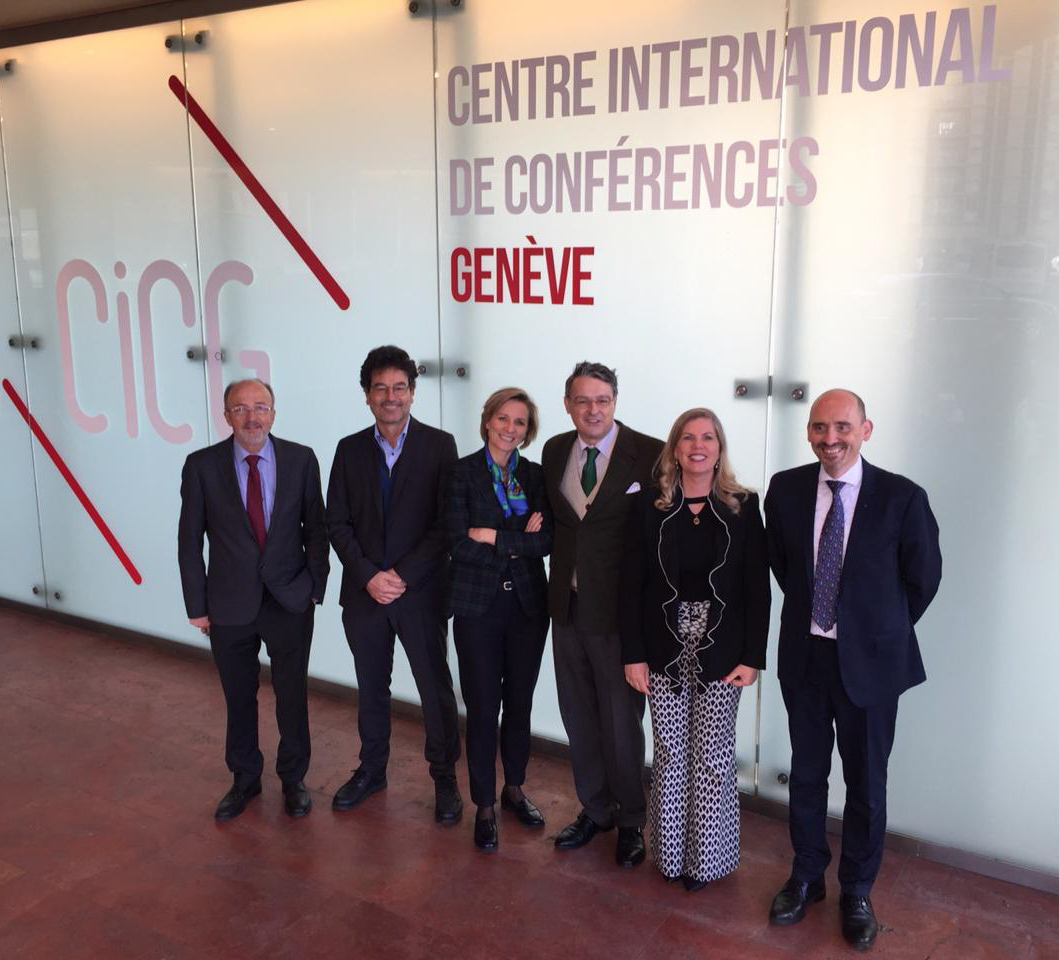
Preservation and innovation: expectations at the environmental, economic and social level
The next OIV Congress will address issues concerning sustainability through the following theme: ‘Preservation and innovation: expectations at the environmental, economic and social level’. Scientific papers must be submitted via the Congress’ online submission platform. The deadline for the submission of abstracts is 3 March 2019.
Registration for the Congress is now open on the official website of the 42nd World Congress of Vine and Wine.
An exceptional opportunity for Congress participants
The Fête des Vignerons winegrowers’ festival will take place in the evening of Friday 19 July 2019. This event pays homage to the centuries-old winegrowing traditions of an entire region through a show, organised by the Confrérie des Vignerons. Recognised by UNESCO as intangible cultural heritage, this celebration, unique in the world, takes place once a generation in Vevey, a town situated in the heart of the Lavaux vineyards in the canton of Vaud.
Those who register for the Congress will be eligible for a discount between 40 and 50% on the entry fee for this evening show. Due to limited seating capacity, we recommend you register here as soon as possible to secure your place.
The entry fee includes return transport between Geneva and Vevey.

The OIV hosted representatives from the “World Wine Women” project. This is a women-led project touring the world's vineyards, in order to learn more about the environment and understand the role of women in this traditionally male sector.
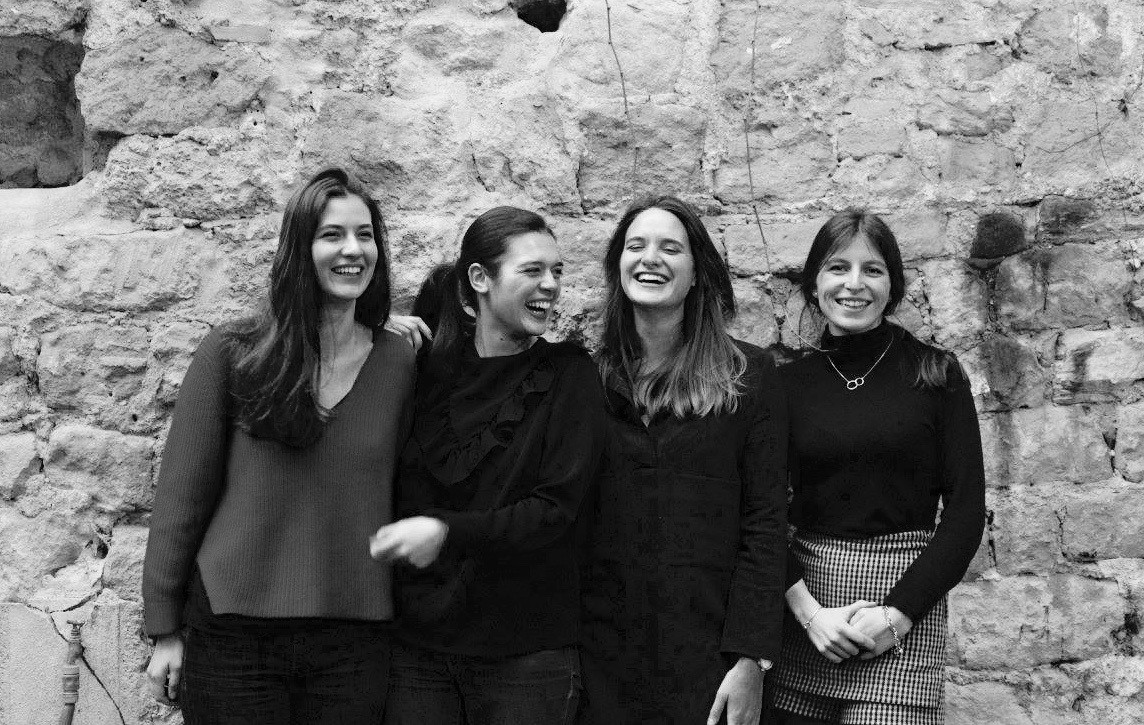
Alexandra Dubar, Alice Bergeras, Atalante Ramé and Louise Douvry departed on their journey with the idea of working alongside winegrowers in vineyards and wineries to gain real, day-to-day experience of local working methods. In the order visited, South Africa, Argentina, Chile, New Zealand, Australia, China and the United States were the countries on the route.
While their aim was to examine the image, role and place of women in the vitivinicultural world, these Economy and Marketing students also sought to discover and analyse the different facets of new challenges for the sector. This is within a context of evolving supply with the emergence of new producer countries, changing patterns of consumption and where the impact of climate change on production methods has never been so great.
This project reflects the OIV’s desire to promote the role of women in the wine world. “I am proud to be the spokesperson of the OIV in promoting the presence of women in this sector,” Regina Vanderlinde, the Organisation's President, reiterated recently during the Wishes for 2019 ceremony at the OIV headquarters.
